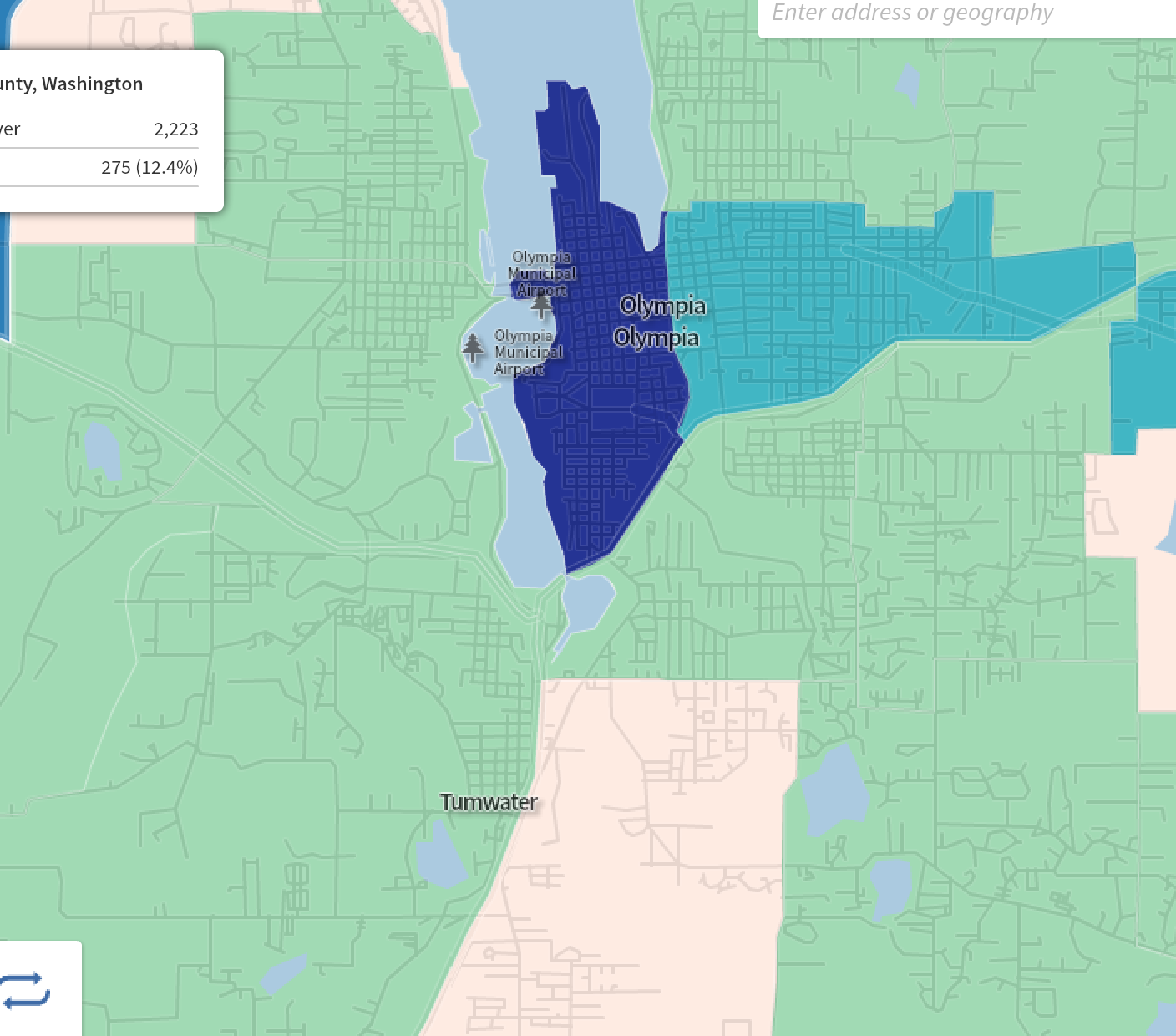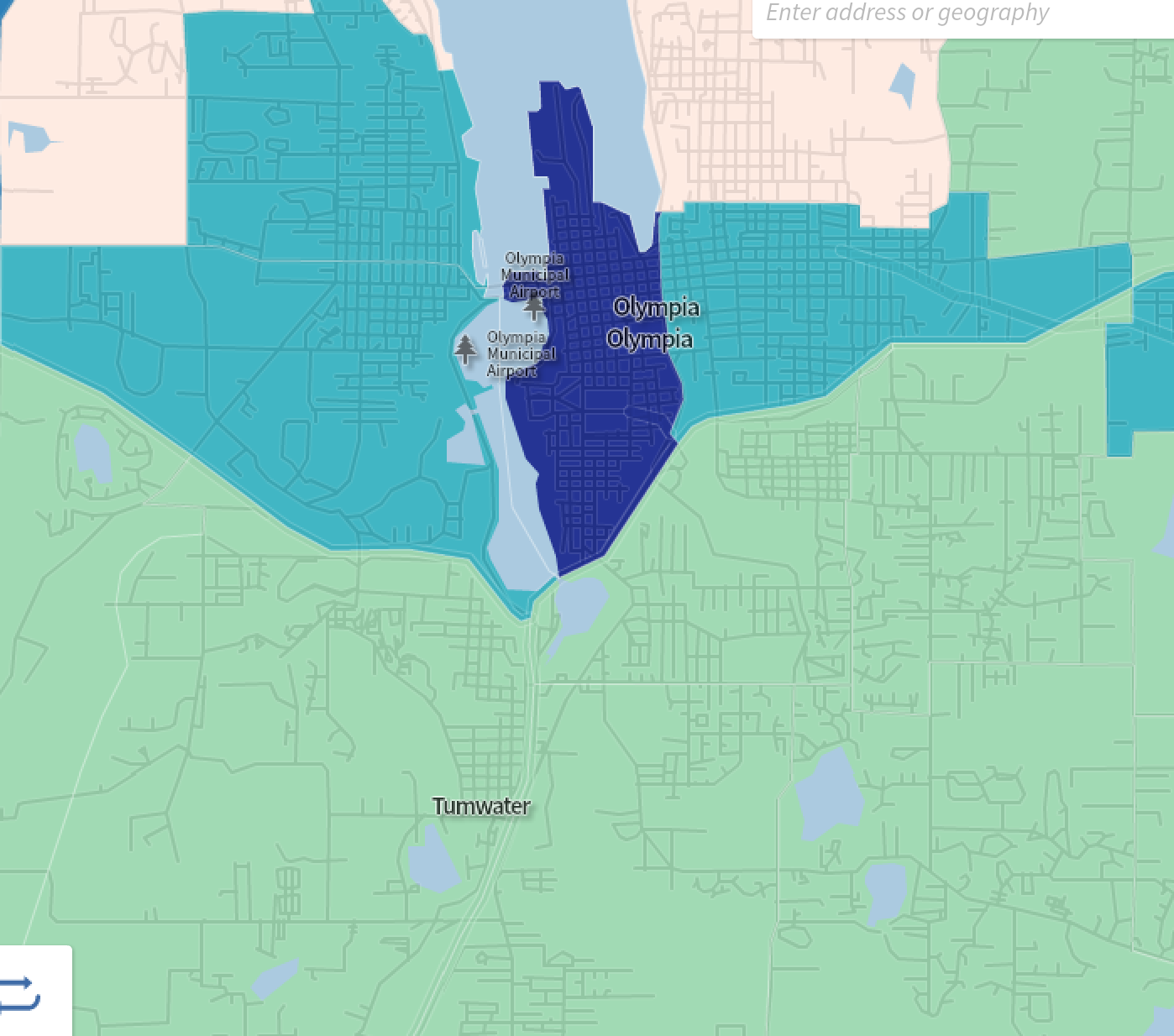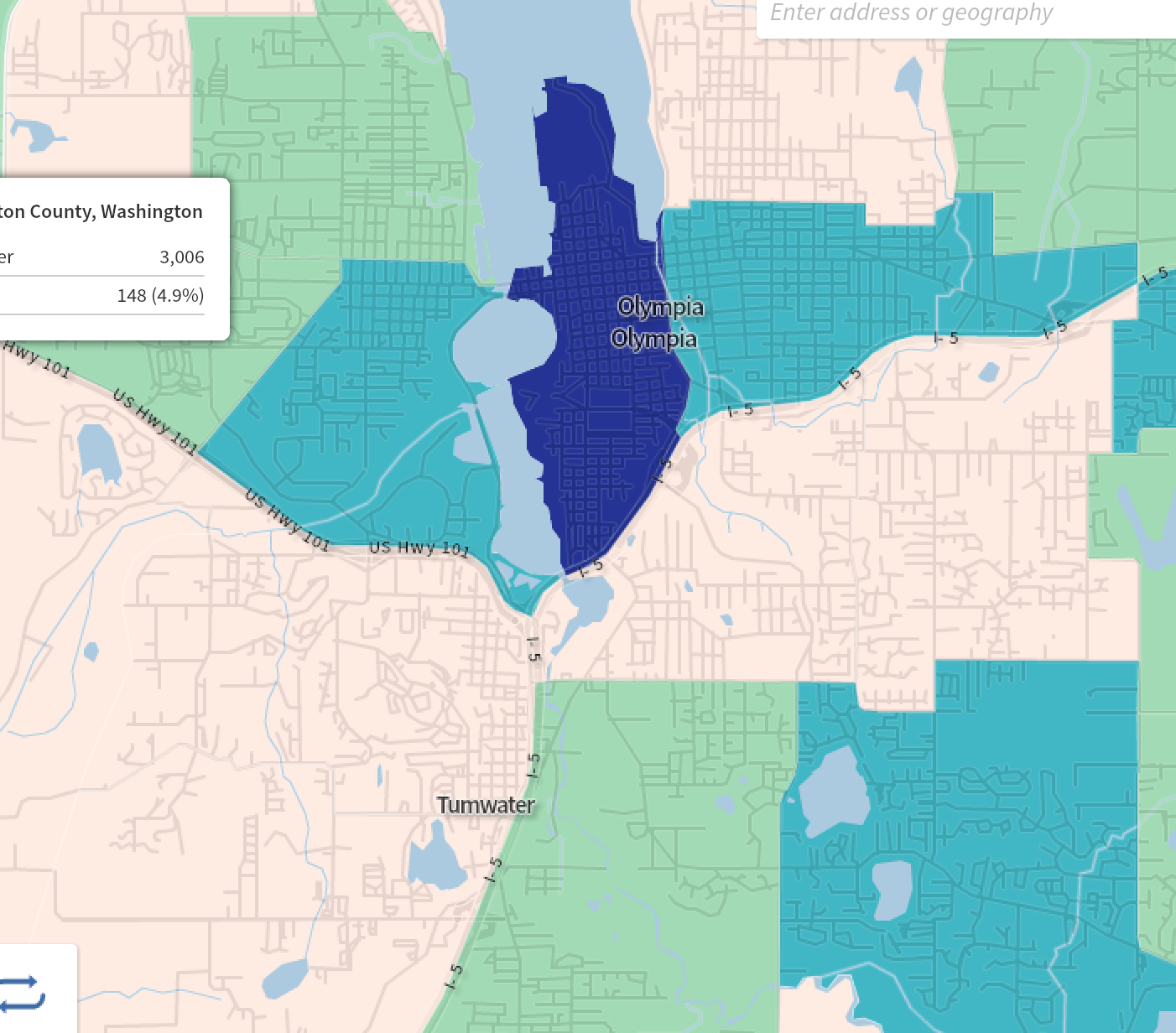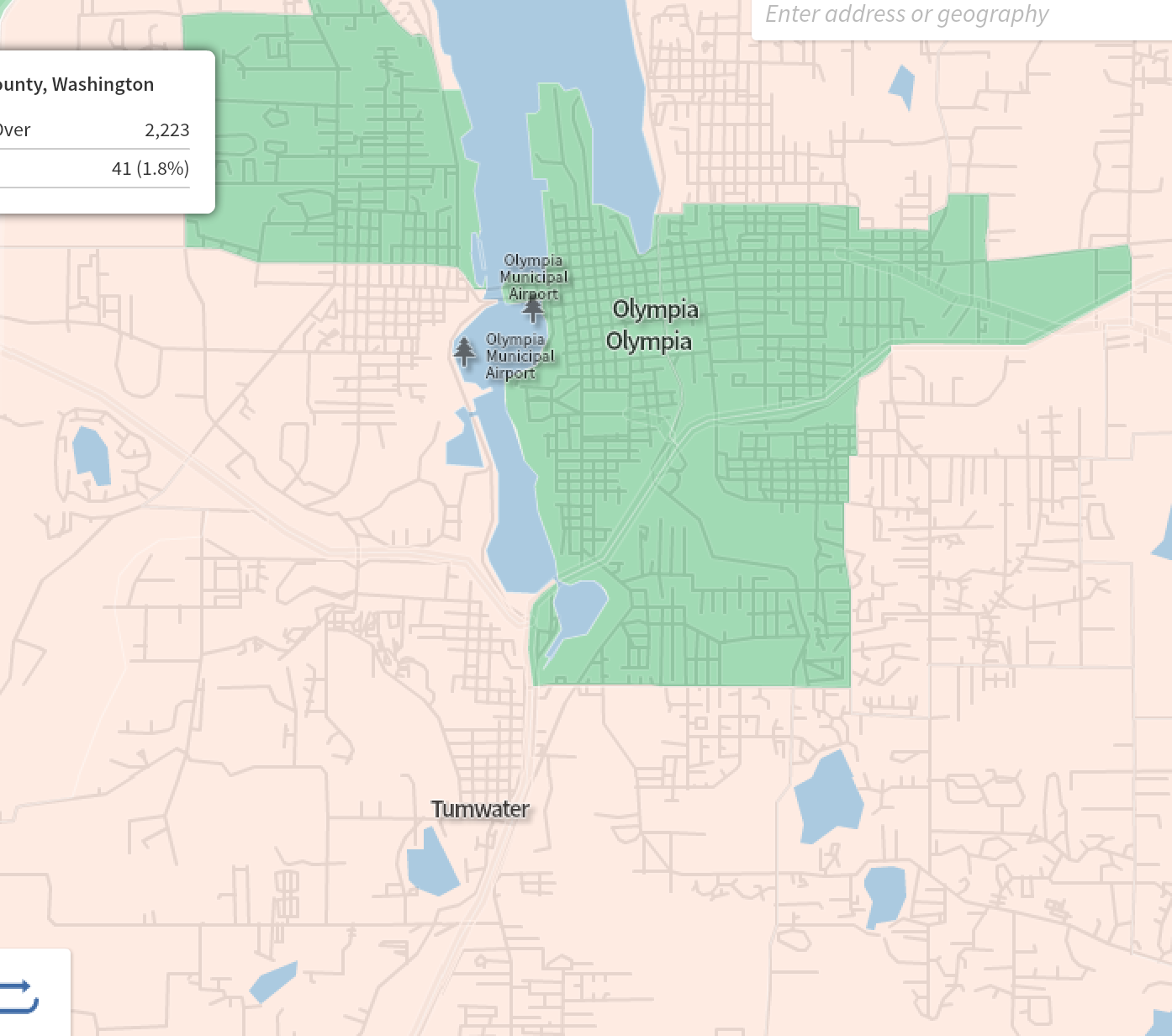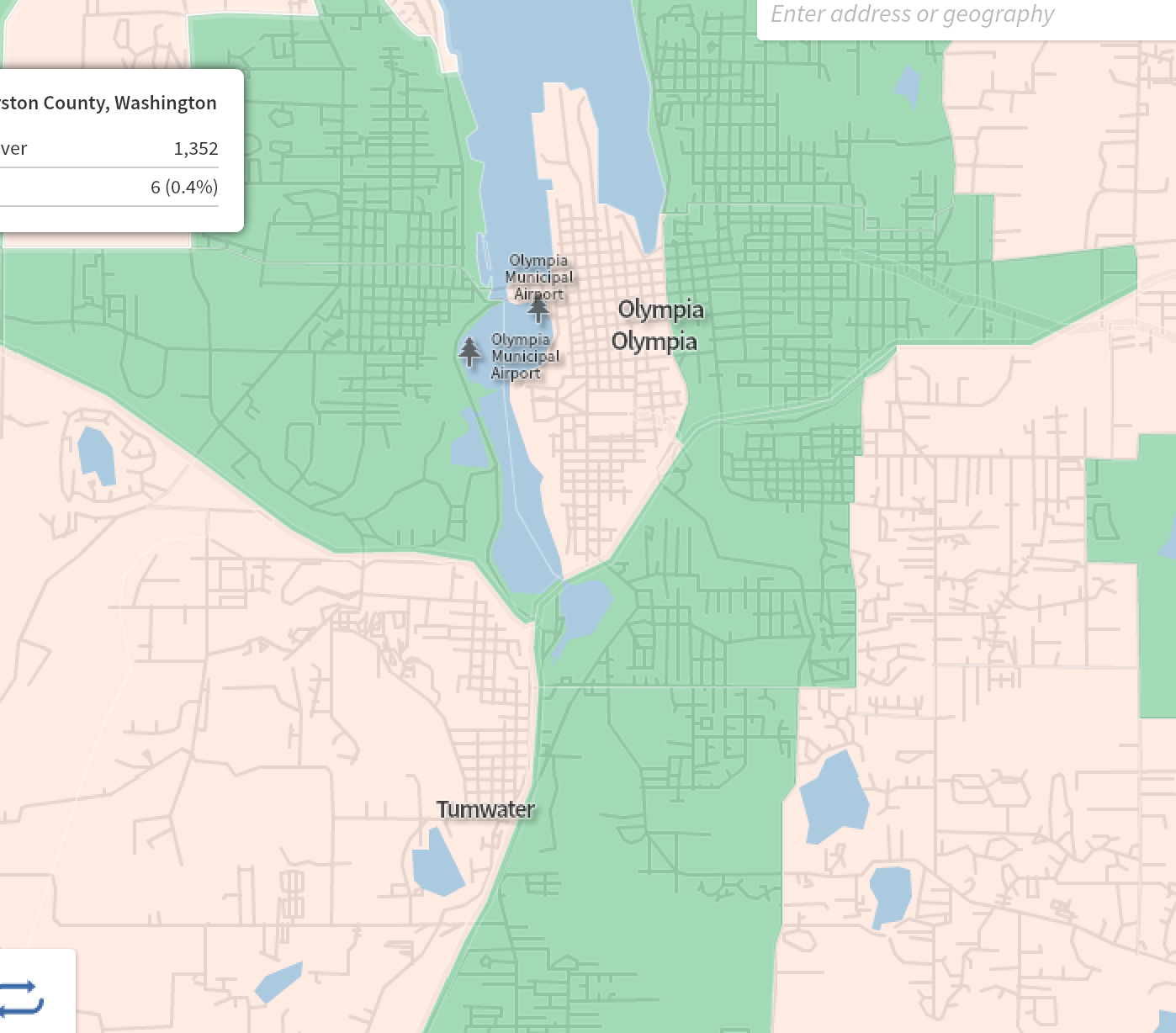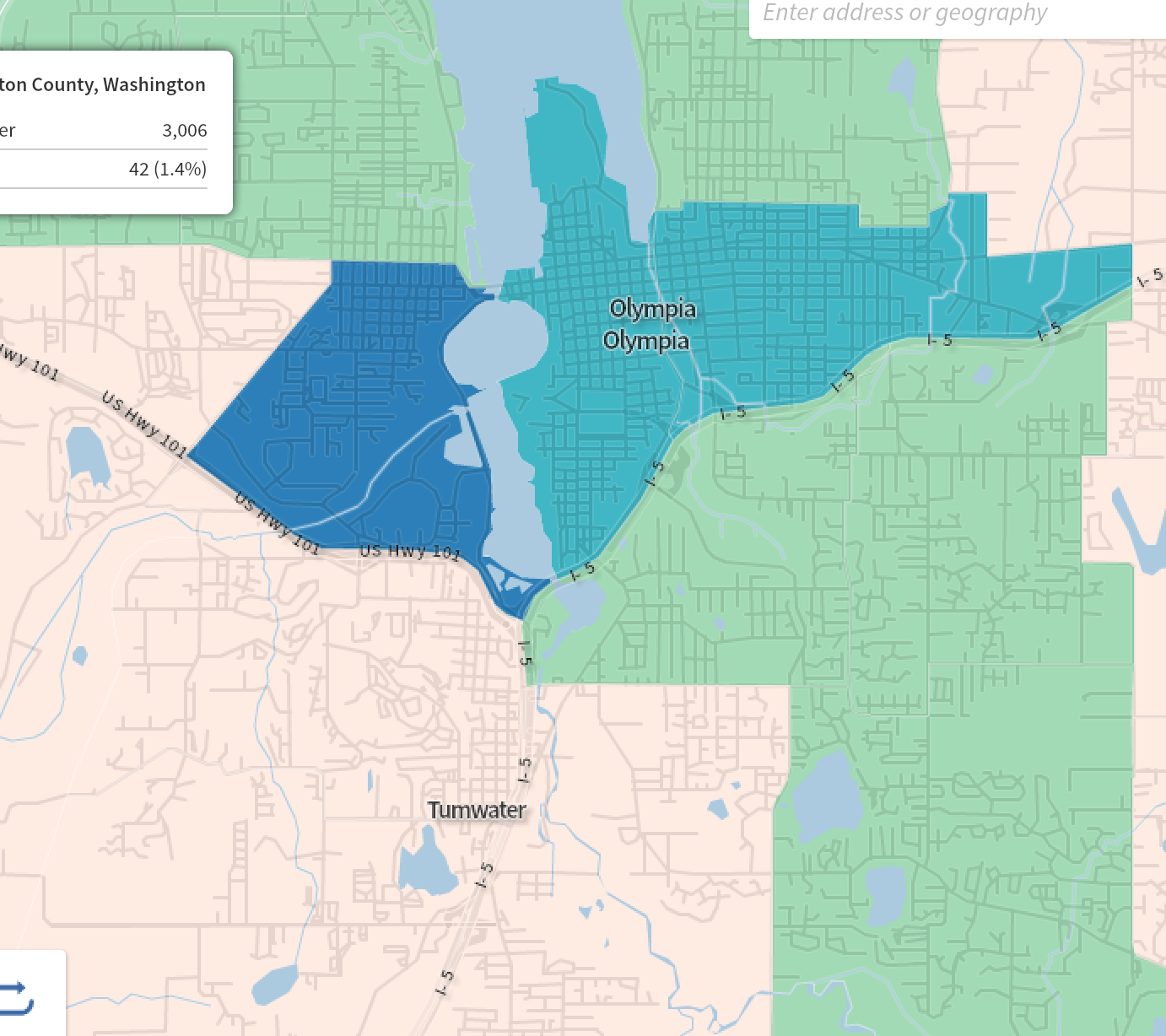For two cities basically in the same spot on earth, Portland and Seattle do have significantly different civic personalities.
Think of Seattle’s Demons of Ambition. Or, in this case, Portland’s Demons of Provincialism.
The differences are real.
Take how the two cities dealt with Uber (and other ride sharing companies).
Seattle took a long road to compromise. They never cracked down, they accepted the newcomers and then crafted a legislative package to create space for innovation:
“I believe Seattle once again will lead the nation in showing how what appears to be conflicting interests can actually come together,” Murray said after announcing the agreement. “We have deregulated a highly regulated monopoly, allowing taxis and for-hires to become far more competitive than they are in the current situation. We are recognizing that a technology exists that is rapidly changing the marketplace.”
Portland cracked the whip:
“Our main concern is public health and safety, because the state invested in the cities the responsibility to do that,” Portland’s mayor Charlie Hales said in a statement. “Beyond that, though, is the issue of fairness. Taxi cab companies follow rules on public health and safety. So do hotels and restaurants and construction companies and scores of other service providers. Because everyone agrees: good regulations make for a safer community. Uber disagrees, so we’re seeking a court injunction.”
Seattle as a center of innovation, accepting newcomers with new ideas. Portland, keeping a clean house, a wary at the horizon. I tell ya, it might as well be 1893.
From (the great) historian Robert Ficken:
(In its ability to access money from outside the region) Washington possessed important advantages of its “web-footed” friends south of the Columbia, advantages credited by any analysts to the new state’s 1890 census lead. Oregonians themselves admitted that “mossbackism,” defined as a tendency of long entrenched Portland interests to impede new-coming rivals, diverted outside money to more energetic points. “The laws of Washington,” the bi-monthly West Shore magazine noted in reference to a more substantive difference, “favor investment of capital, while the laws of Oregon practically forbid it.”
At this point, Oregon had been a state for decades, its cultural, economic and political institutions had already laid track, while Washington was just getting underway. In fact, Washington was not even made whole until just before statehood. Because of the way railroads were laid across Cascadia back then, eastern Washington Territory was an economic outpost of Portland, while Seattle and Puget Sound were in the orbit of San Francisco.
Not until railroads crossed the Cascades did Washington become something other than a name of a map.
It was a this point in time, united as a state in 1889 with railroads, Washington and Puget Sound (led by Seattle) threw open the gates to growth. This culture of open economics still shows through today.
While Washington rushed ahead, Oregon stayed behind. This mossback Oregon wasn’t new, wasn’t born out of decades of stability. But, rather, is the founding attitude of the Willamette Valley.
From David Johnson’s “Founding of the Far West,” we see how little the California Gold Rush (despite massive possible economic benefits) went to the head of Willamette farmers:
(Willamette farmers’) response to the California (gold rush) market — their enterprise — was motivated by as much by a modest desire to improve their landholdings, assure their households’ self-sufficiency, and enhance their families’ material comfort as by a drive to command greater market share or increase production as an end in itself.
Given the chance to bulldoze their way to greatness, Oregonians on their founding moment decided on a “cautious and conservative” and “cash on delivery” way of doing business.
The large Willamette farms ignoring greater gains in California led to a conservative business culture in Oregon in general. Seattle was given the chance to leap ahead fifty years later, and they took it.
Today, Uber tries to create a new way of doing business and finds a friend in Seattle and a legal challenge in Portland.
